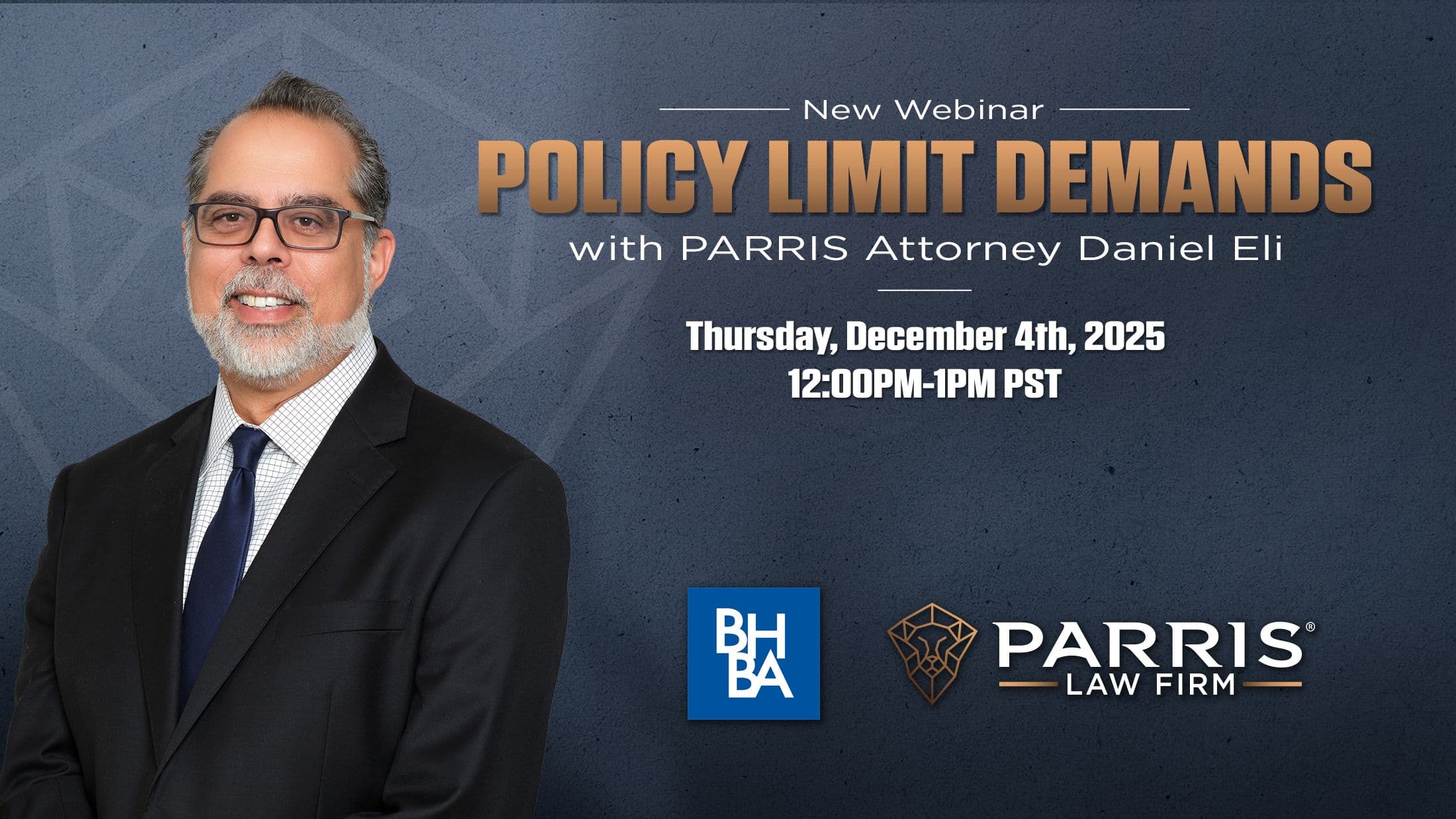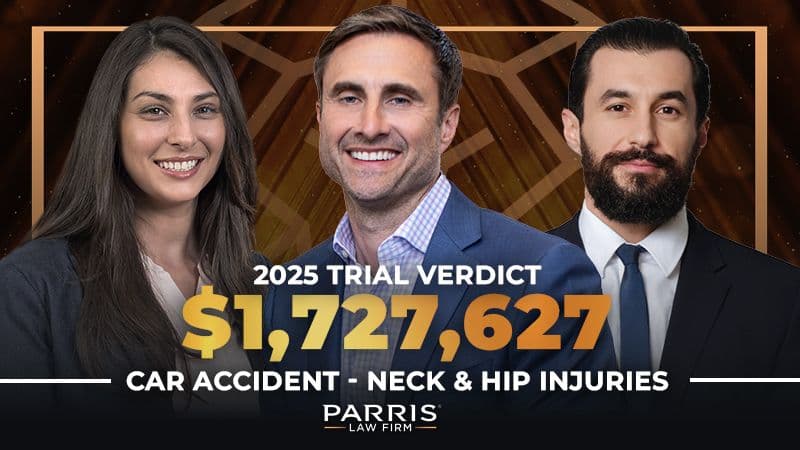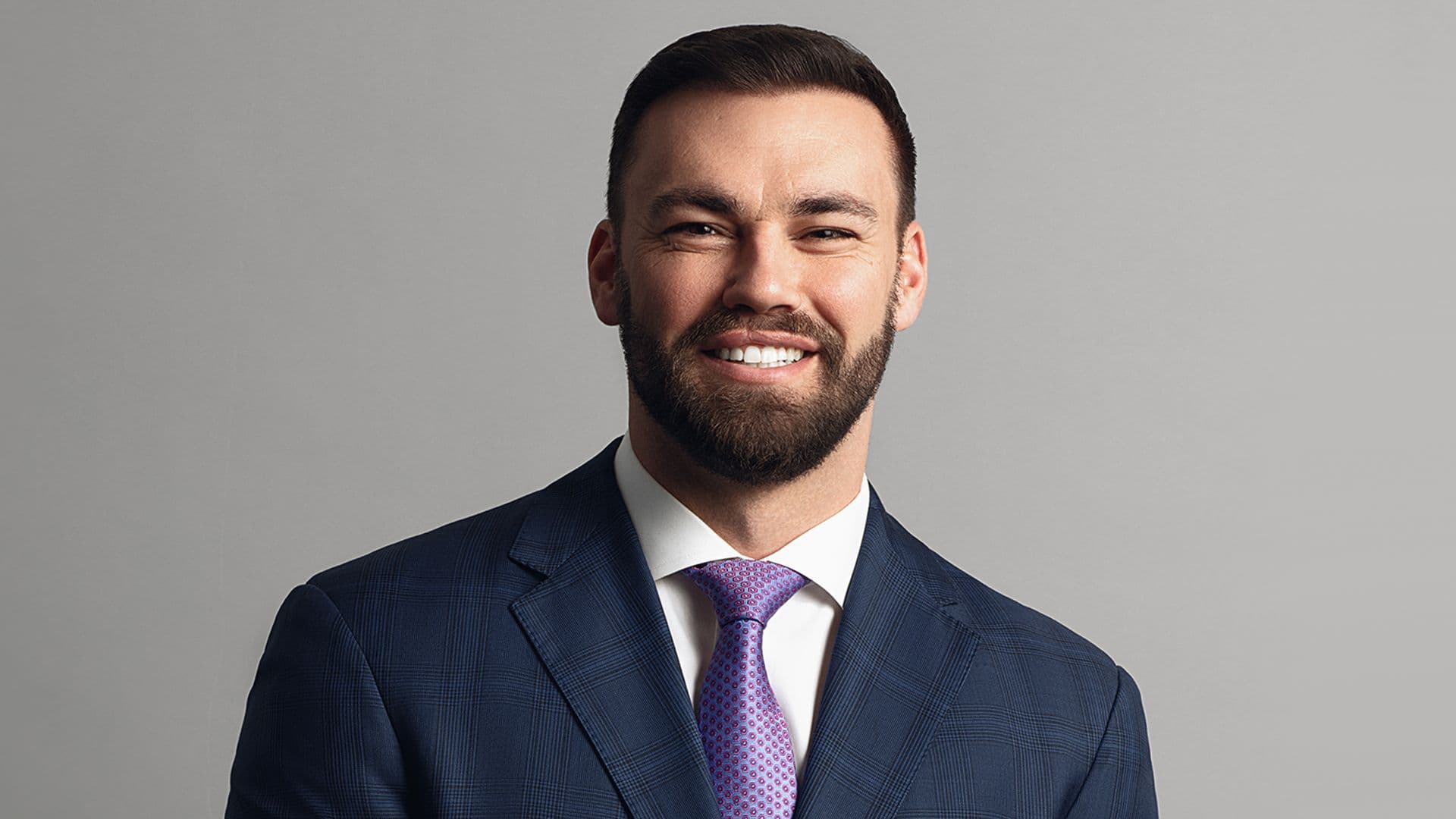
Latest News
Stay informed. Keep up with all news regarding PARRIS, from verdict success stories to latest legal tips.
Free ConsultationAs 2025 comes to a close, PARRIS Law Firm is taking a moment to reflect on another successful year. ...Read More

Lancaster, Calif. — PARRIS Law Firm is proud to announce that attorney Daniel Eli has been selected ...Read More

Bakersfield, CA – PARRIS Law Firm obtained a $1.7 million verdict in Bakersfield for our client, who...Read More

LANCASTER, Calif., Oct. 15, 2025– The Daily Journal has spotlighted PARRIS Law Firm’s recent victori...Read More

Parris Law Firm is proud to stand with our community in the fight against domestic violence. This Oc...Read More

LANCASTER, CA - PARRIS Law Firm is proud to announce that Partner Khail A. Parris has been recognize...Read More


